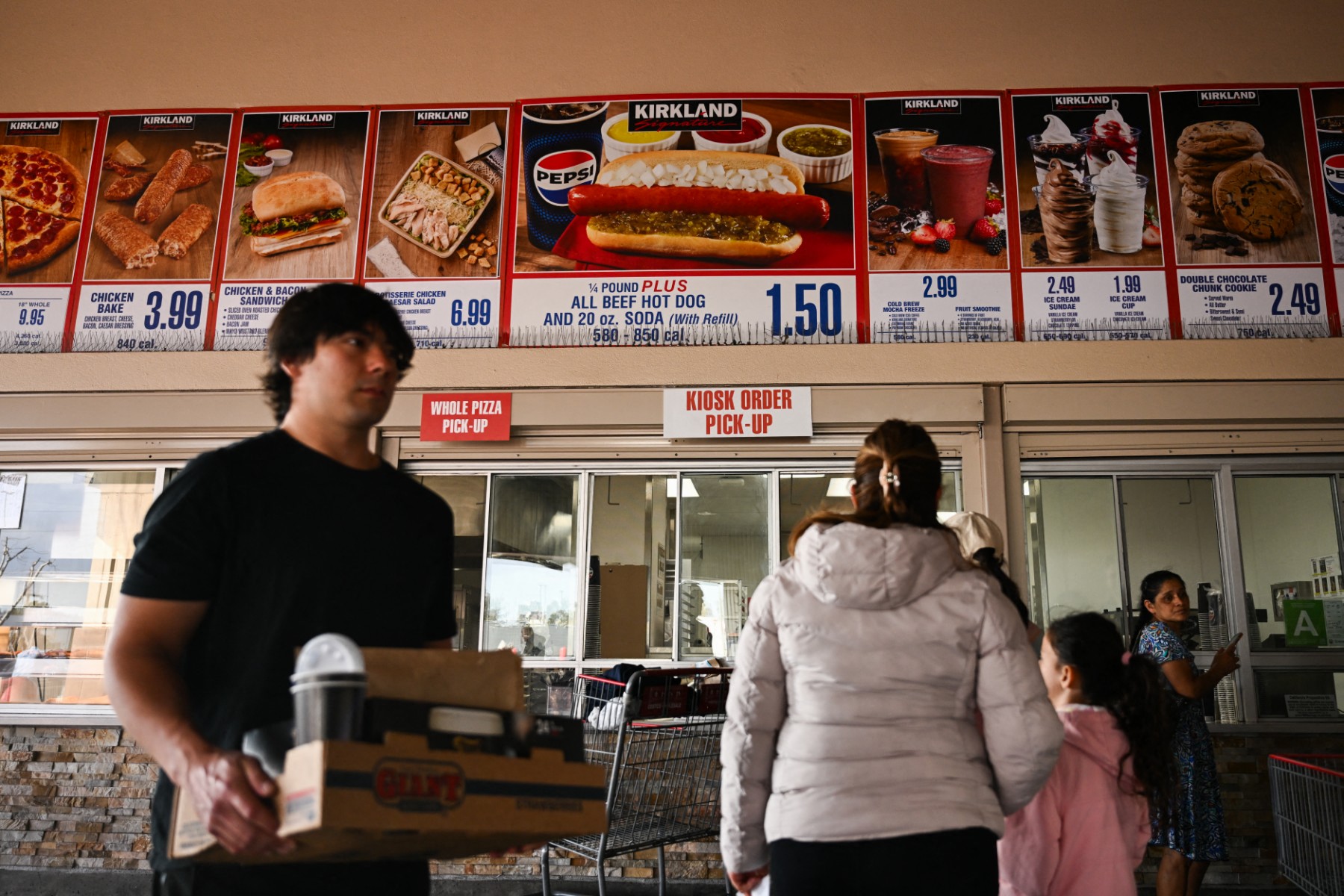
LOS ANGELES - The Black Friday sales, which used to indicate long lines and lots of shopping in stores all over the United States, seem to be losing its appeal to shoppers this year, according to analysts and economic surveys.
Although spending is predicted to be strong, the excitement and urgency that made it a big deal in US retail are being replaced by caution, doubt and new shopping habits amid economic uncertainty.
According to official holiday spending forecasts by the US National Retail Federation, each consumer would spend a total of 890 dollars on average, a slight dip from last year's 902 dollars.
Moreover, the reasons why US consumers spend money and how they do it have changed a lot from past years, mostly due to ongoing inflation and worries about the future.
A Drive Research survey from 2025 with more than 1,200 shoppers found that 70 percent of the respondents said that rising living costs affect their Black Friday budgets, and 57 percent said that higher grocery prices do. More than half, or 54 percent, said that the ongoing inflation is a direct reason for cutting back on purchases.
ALSO READ: Online shopping, high rents take a toll on US retail stores
Duleep Rodrigo, consumer and retail leader at consulting firm KPMG, said in an October interview with the Los Angeles Times that many consumers are now highly conscious of inflation and the impact of tariffs on prices. He noted that people are buying earlier in the season not because they have more money to spend, but because they expect prices to rise.
"Complicating this year's shopping season are President Donald Trump's tariffs of between 10 percent and 50 percent on most US imports," the Forbes said, adding that "companies are already hiking prices, and consumers should expect to pay more for some of the biggest holiday categories including apparel, electronics and home decor."
Petra Smith, the founder of Squirrels & Bears, told TechRound that "Black Friday still gets people excited, but people are losing faith in the truth of the sales," noting that people who shop now are a lot smarter and know that the event's success depends a lot on psychological tricks, not necessarily real limited-time value.
Social media and online communities are increasingly influencing shopping behavior, according to a Reddit study released on Nov 4, which indicated that 79 percent of US shoppers now do more research before making a purchase on Black Friday, searching for advice from other users on sites like Reddit.
According to research firm Greenbook, 83.2 percent of TikTok Shop users planned to buy gifts through the app in 2025, up from 76.1 percent a year earlier. Many people said that the platform's entertainment-focused content made them want to buy gifts right away, which is a very different kind of impulse than what happens in stores on Black Friday.
READ MORE: Trump cuts tariffs on beef, coffee as inflation concerns mount
Retail analysts have warned that the shifts in behavior will not be felt evenly across US households, citing the increasingly "K-shaped" economy in which higher-income consumers continue spending while lower-income families scale back sharply.
"For now, consumers that are in the top 20 percent are probably driving 80 percent of the economic activity that is sustaining and maintaining the current state of the economy. But there is a larger population that is really hurting, and that is really concerned with their dollars right now," Rodrigo said.
Adding to shoppers' concerns, the US unemployment rate rose to 4.4 percent in September, the highest level in four years, according to official data published on Thursday.
In Deloitte's 2025 holiday retail survey, 62 percent of Los Angeles shoppers said they expect the US economy to weaken in the coming year, nearly doubling last year's figure. Nationally, 57 percent expected economic conditions to worsen over the next six months -- the most pessimistic outlook recorded by Deloitte since it began tracking sentiment in 1997.
Rebecca Lohrey, Deloitte audit and assurance partner, said: "What we're hearing is that shoppers here in the L.A. metro area - and nationwide - are feeling uncertain about where the economy is headed."


